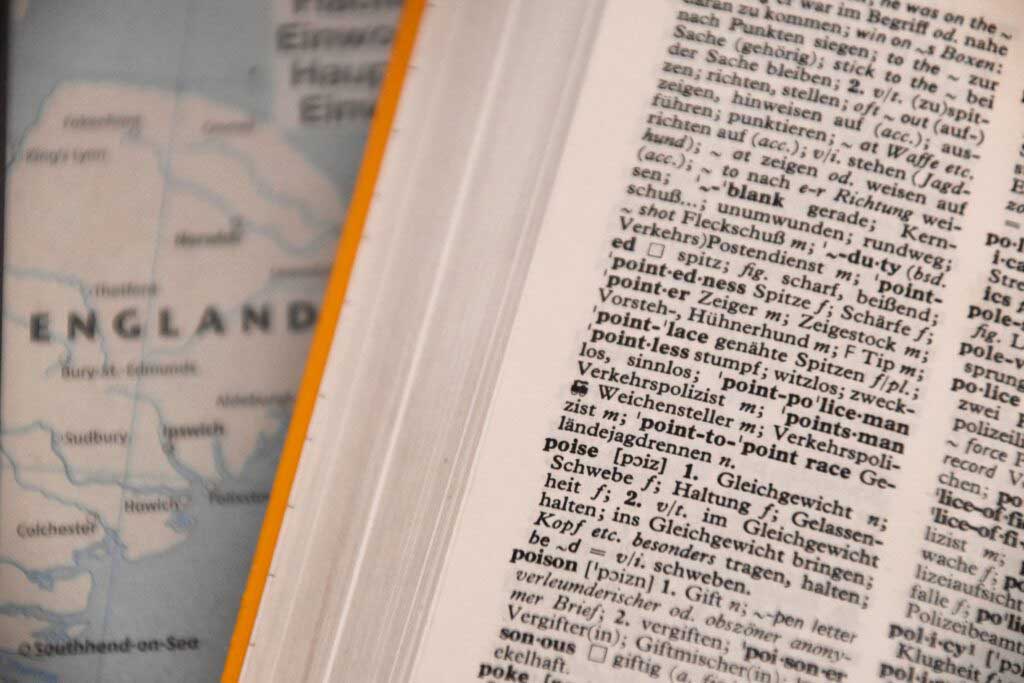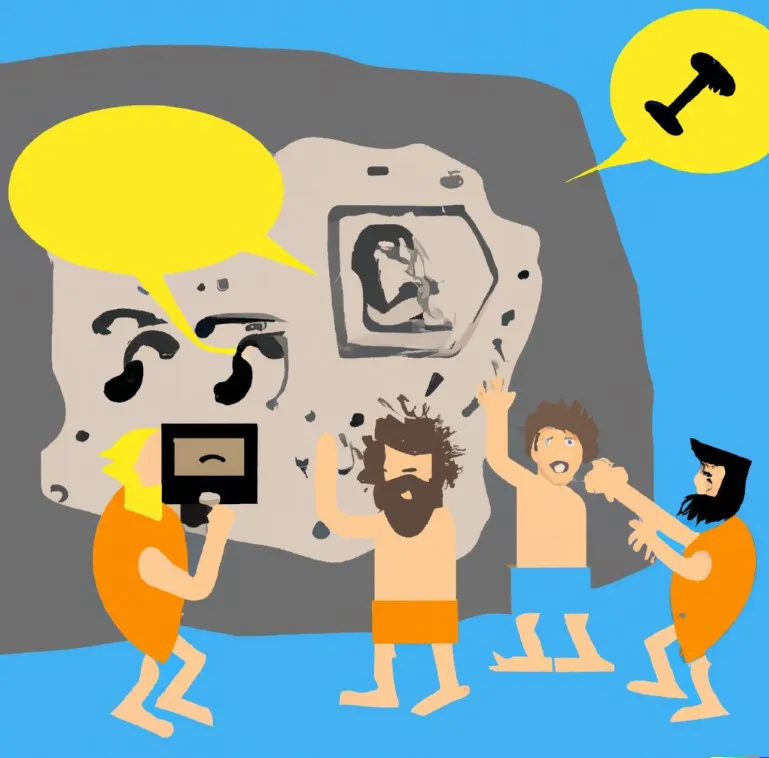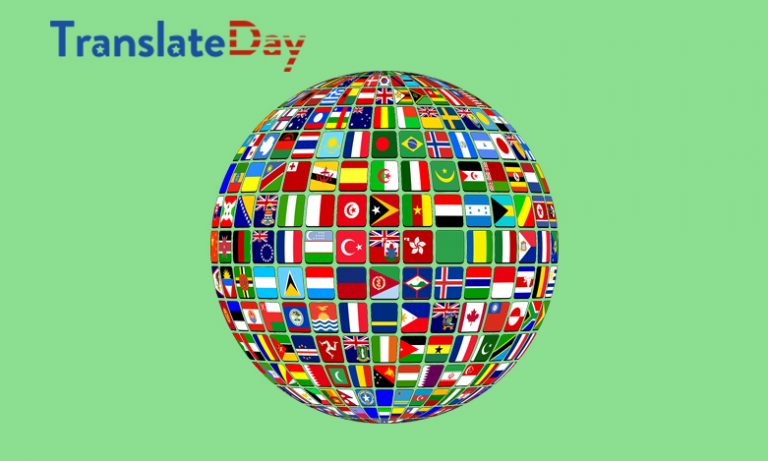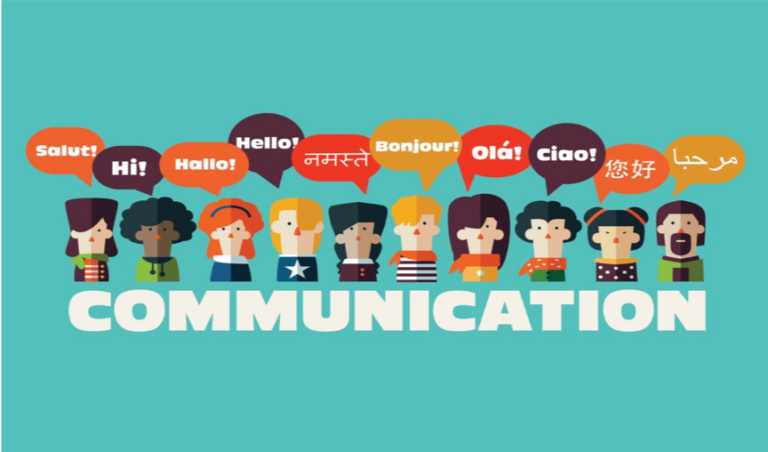Estimated reading time: 5 minutes
Have you ever wondered how English, with its 750,000 or so words and 1.6 billion speakers in every corner of the world – has become such a beautiful, meaningful language?
Used as a global language of communication, the many english dialects are scattered throughout the world.
Wars that changed English Language through History
Unlike languages that have developed within the borders of a particular country (or region), English has grown from its earliest beginnings some 1600 years ago by crossing borders war clashes and conquests.
Parts of other languages were added along the way and English changed as it made its way across this planet.
Anglo-Saxon Tribes invading English Language
The origin of English lies in – surprise! – modern-day England and is due to the arrival of Anglo-Saxon tribes who came to the British Isles in 400 A.D. from Central Europe. Their language, now known as “Old English”, soon became the common language in this relatively remote corner of Europe.
Although you and I would probably find it difficult to understand Old English, it turned out to be a strong foundation for the language we speak today. We owe many essential words to it, such as “be”, “strong” and “water”.
 English Language and Viking Invasions
English Language and Viking Invasions
Due to the invasions of the Vikings (a Scandinavian people who already plundered northern and northwestern Europe 1000 to 1200 years ago), Old English mixed with Old Norse, the language of the Vikings. The Old Norse has produced more than two thousand new words in English, including “give” and “take”, “egg”, “knife”, “husband”, “run” and “Viking”.
This must be one of the reasons why learning Scandinavian languages is easier for us.
French: Language of Status and Power
Although English was widely spoken in the British Isles by 1000 A.D., the Viking invasion chose French as the language of the royals and power. Ancient English was something for the people. Despite its not-so-glamorous status, the language continued to grow and develop by including many Latin and French words such as “bear”, “city”, “fruit” and “people” between the 1000s and 14000s, plus half the months of the year. By using and adapting French words the English also became more sophisticated, partly thanks to words and concepts such as “liberty” and “justice”.
French is still one of the most studied languages, it is the second language for diplomacy and the fifth most spoken language in the world.
The Alligator ate my Puppy
In the 14th and 15th centuries, after the Hundred Years’ War with France that brought French domination to the British Isles, English again became the language of power and influence. It was given an extra boost by the development of English literature and English culture, with William Shakespeare at the helm: perhaps the greatest poet and actor of all time.
Shakespeare’s influence on the growth of English and culture is hard to comprehend. For example, he would have thought up at least 1700 new words (yes, Thoughtful) such as “alligator”, “puppy dog” and “fashionable”. And this while he also wrote classics like Romeo & Juliet!

The Science of New Words
After Shakespeare established English as a rich, culturally important language, science in the 17th and 18th centuries also made a name for itself.
bag by adding new words like “gravity”, “acid” and “electricity”. And since the English-speaking world was the center of much scientific progress and discovery, the language grew along with it.
English Colonies, Worldwide Language
But it was only when Britain became the colonial ruler of the (as far as we know) universe that English began to grow at a rapid pace. By the beginning of the 20th century, the British ruled over more than a quarter of the world, from Asia to Africa, and the more than 400 million new subjects that lived there.
This not only ensured that the language spread quickly and widely but also yielded dozens of local versions and dialects to which – you guessed it – new words were added. The word “barbecue” comes from the Caribbean for example, or “zombie” that comes from Africa.
Oxford English Dictionary as a Lifesaver
The rapid spread of the language also posed a problem: How do you ensure that the English language can be followed everywhere?
The language bible called Oxford English Dictionary, which first appeared in 1884, standardized spelling and ensured that English speakers could understand (or at least try to understand) each other worldwide. We are now ready for the 20th edition (that’s more than 21,000 pages of definitions!) and every new copy of the Oxford English Dictionary goes hand in hand with decades of development. However, new terms are added to the online version several times a year.

OMG! The Pearls of the 21st Century
In that respect, the best thing about English, of course, is the fact that the language is still evolving, same as their learning methods. Just think of the development of local dialects and street language in countries such as the US, South Africa, and New Zealand and cities ranging from New York and Oxford to Singapore.
But also think of the fact that contemporary English is now imbued with tech-related words (think of the Word of the Year 2013: “selfie”). English vocabulary alone is growing at a rate of around 1,000 new and approved words a year, and those are just the terms that are considered important enough to add to the online dictionary.
Our favorites since the latest updates? “OMG” (the abbreviation for Oh My God), “food baby” (your swollen belly if you’ve eaten too much), and “phablet” (a funny word for the big phone or small tablet you’re probably reading this article on!).


 English Language and Viking Invasions
English Language and Viking Invasions



